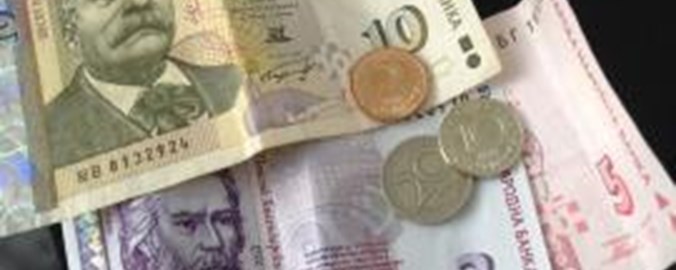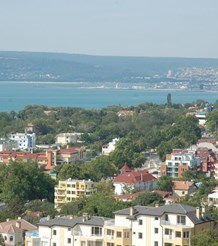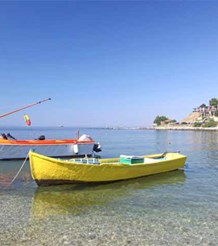
Bulgaria takes first Steps to join Eurozone
Bulgaria has agreed with Euro-zone government on the first conditions that will allow for Bulgaria's entrance into the Eurozone, one of which is that Bulgaria will adopt the Euro as currency. The move is widely seen as a sign that governments on all sides are willing to apply a wider spectrum of requirements for Eurozone membership, following the 2008 financial crisis.
The move will eventually enable Bulgaira to join the EU-blocks banking union and the ERMII, a system that helps countries to join the Euro by limiting exchange rate fluctuations. At the meeting of finance ministers it was decided that Bulgaria meets the nominal criteria to adopt the Euro. The country enjoys low inflation, its own currency is already pegged to the Euro and public finances are in good order.
However, Bulgaria is the poorest country in the EU, and continued problems besetting the country's banks have so far prevented Bulgaria from joining the Euro-zone and its banking system. At their meeting, Euro-zone finance ministers agreed on the timeframe for the country's next steps toward adopting the Euro. The process of joining the Euro-block's banking union is envisaged to take about 12 months under the agreed plan.
Bulgaria's finance minister, Vladislav Goranov, and Dimitar Radey, the governor of Bulgaria's central bank, set out their determination to join in a letter of commitments that stated the country expects to join EMRII and the banking union by July 2019.
Member countries of the banking union transfer the powers to oversee their top-ranking banks to EU bodies, and also allow them to deal with any lenders that are in trouble.
The European Central Bank will be supervising the whole process. Joining the ERMII system will precede joining Euro membership.






